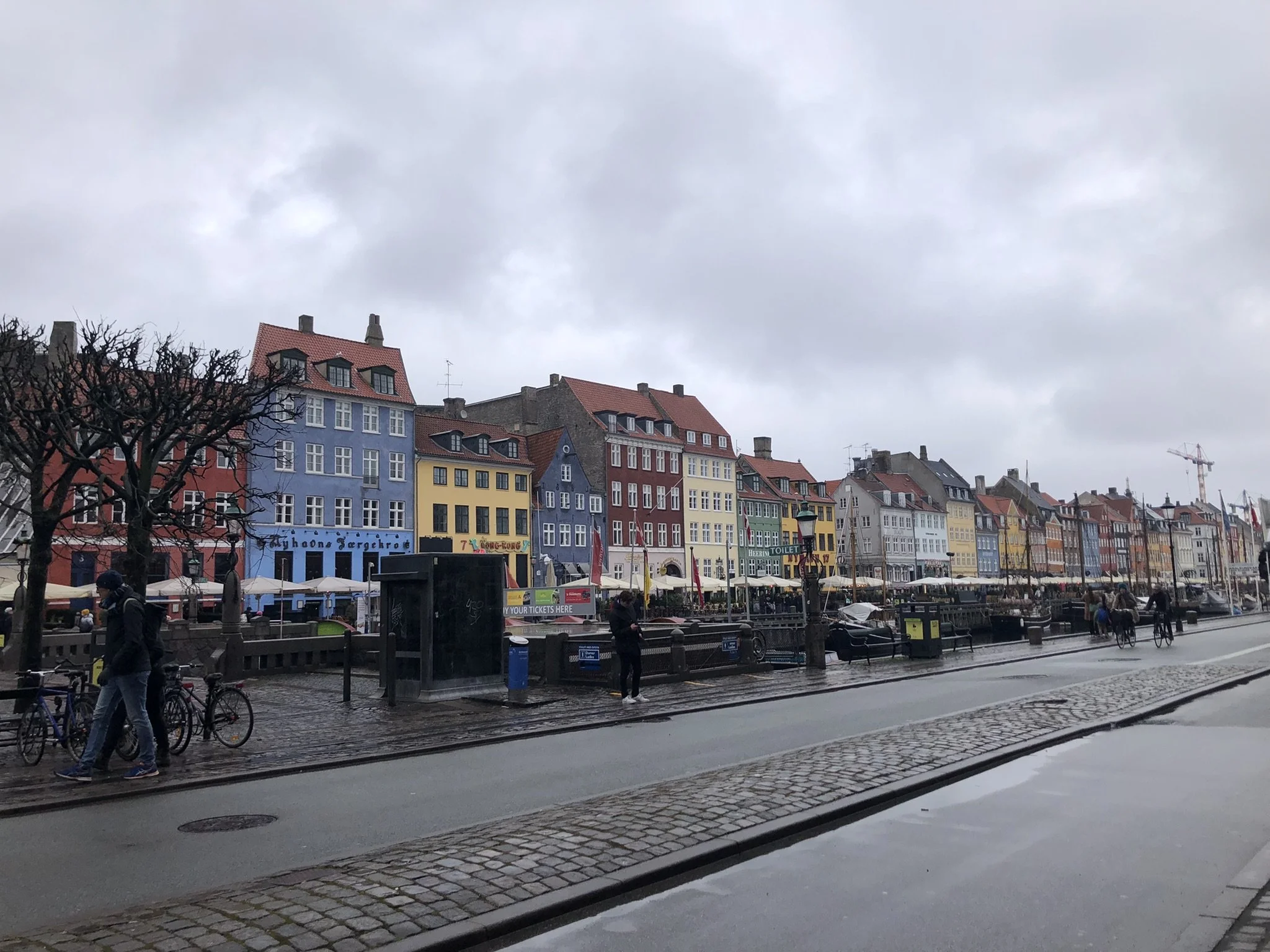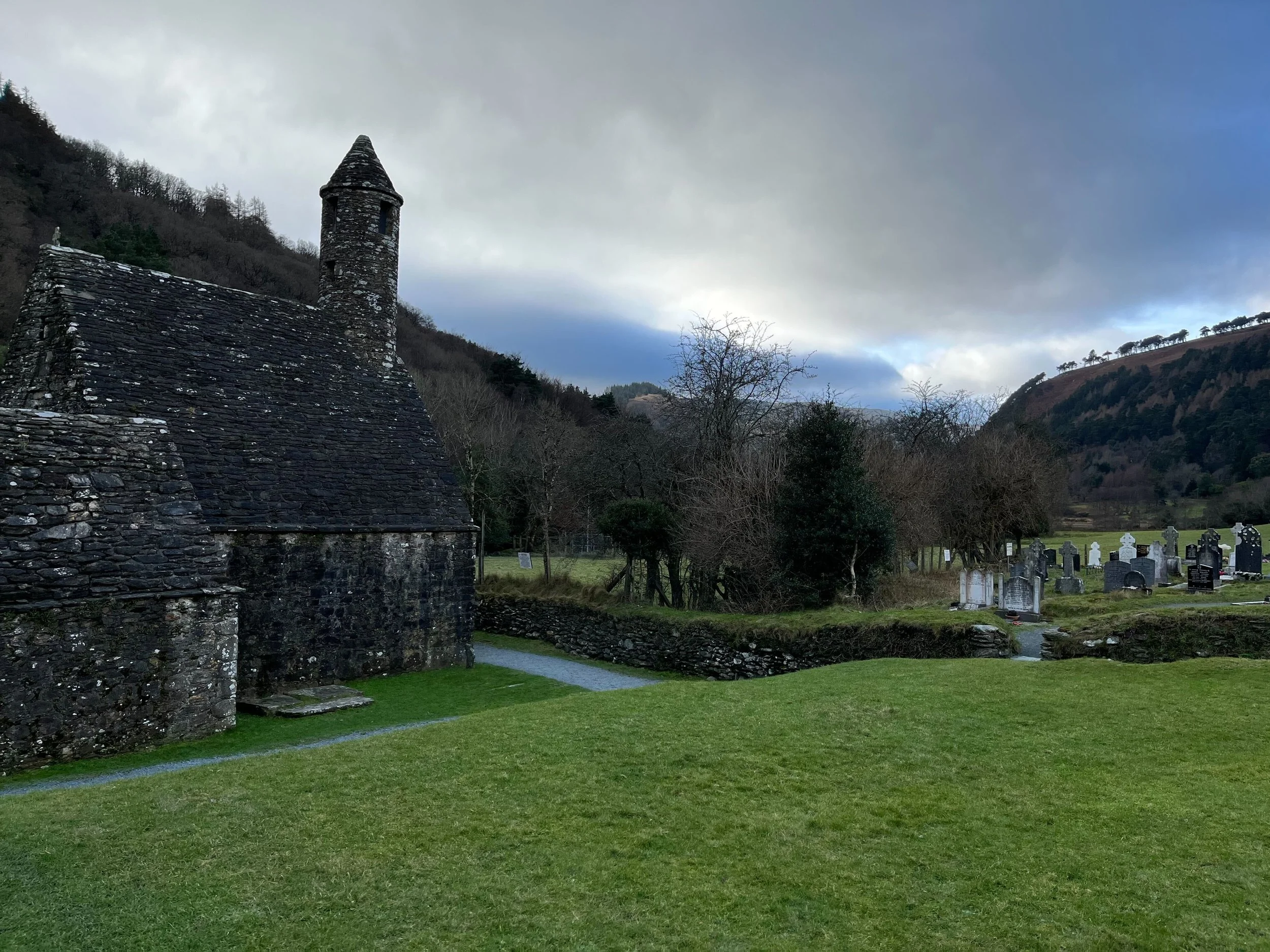Photo courtesy of Jose Pereira via Rosa Luxemburg Stiftung.
Chilean voters rejected a new constitution that would have written the right to housing, education and lifelong care, among other changes, into law.
By Lauren Cincotta ’25
Staff Writer
In a referendum on Sept. 4, 2022, Chilean voters rejected the adoption of a new constitution, failing to replace the existing constitution from 1980 which was created under the Pinochet dictatorship.
According to The New York Times, the new constitution “would have enshrined over 100 rights into Chile’s national charter, more than any other constitution in the world, including the right to housing, education, clean air, water, food, sanitation, internet access, retirement benefits, free legal advice and care ‘from birth to death.’” Additionally, the senate would have been abolished, gender parity in government required, autonomy of Indigenous groups expanded and commitments to fight climate change made.
The decision to draft the new constitution began in 2019, after protests in Chile led the government to give voters the choice to vote on whether a new constitution should be written. According to the same The New York Times article, nearly 4 out of 5 Chileans voted in favor of writing a new constitution. Two years later, 62 percent of voters rejected its proposal.
Associate professor of politics at Mount Holyoke College, Cora Fernandez Anderson, noted that since Chile transitioned to democracy in 1990 after the Pinochet dictatorship, there have been calls for constitutional reform from the left. However, these were stalled by a stance of “moderation.”
“Both sides, but particularly those on the left, [learned] a hard lesson from the 1973 coup and the dictatorship, so they were willing to moderate their views in order to protect democracy,” Fernandez Anderson explained. “This made a constitutional reform difficult.” She noted that it was difficult for the country to reach a consensus on reform until 2019. “I believe that the 2019 protests were needed to shake politicians from all ideological positions and urge them to commit to give the country a new constitution in line with the new Chile,” she added.
Since 2019, the world has been watching as the new constitution took shape. Its rejection comes as a disappointment to many on the left, including young people. Avni Wadhwani ’23, a student currently studying abroad in Chile, noticed a broader generational divide among voters considering whether or not to adopt the new constitution. “A lot of younger people voted to approve, and a lot of older people voted to reject,” Wadhwani said. Wadhwani also explained that unlike the U.S., voters in Chile could be fined if they didn’t vote on the referendum on the constitution.
There is debate about the reasoning behind its failure, given the large popular support for reform in 2019. An article from Reuters highlights the emergence of misinformation surrounding the new constitution, which spread online, often faster than fact checkers could keep up with. The article notes that while some statements, like that abortion would be allowed in the ninth month of pregnancy, or that the ownership of private property would be banned, were easy to disprove, fact checkers had a complicated task in correcting legal interpretations. The same article continued, “Fabian Padilla, who founded Fact Check CL, a fact-checking site that started during the 2019 protests, said sites can’t declare legal interpretations false, in contrast to, for example, the kind of patently-false medical claims that circulated during the pandemic. ‘With [COVID-19], misinformation was very consistent, repeating the same patterns, some of it very absurd,’ Padilla said. ‘But with constitutional text it’s very debatable.’ This leads to consultations with legal experts and longer verification times.”
Wadhwani experienced the widespread disinformation campaign firsthand, with people from her host parents to one of her professors sharing false interpretations of the constitution.
Despite the battle against misinformation, Fernandez Anderson believes that other factors were at play in the rejection. “What seems clear from [this] data is that most Chileans do not want the old constitution. However, this doesn’t mean that they will settle on the new one. There are many reports talking about the misinformation and fake news campaign against the constitution. These campaigns probably influenced some of the voters, but I believe that the percentage of rejection was quite large to only adjudicate the loss to the lack of accurate information,” she noted.
An article in Time highlighted the conflicts that existed within the majority that decided to rewrite the constitution. “Some see the referendum as a symbolic opportunity to move on from the dictatorship or tinker with the existing model. Others want a total transformation.” These disagreements likely were amplified by the extremely left wing constitution that was created. In other words, as voters were disconnected from representatives, extreme voices were amplified that did not necessarily match with the actual voters on several issues. “Chile’s rigid political system, [Claudia Heiss, the head of political science at University of Chile’s Institute of Public Affairs] says, had already led to the deterioration of the party system, with the main center-left and center-right parties becoming ‘very distanced from the citizens.’ It also contributed to a massive drop in political participation in Chile. ‘People vote because they want to change the health system or the pensions system. If you can’t change those things because of the political system, why would you vote?’” the article continued.
The New York Times also mentioned the controversy surrounding declaring Chile a plurinational state, the cost of implementing the reforms and the fact that the left wing outnumbered conservatives in the convention, creating a document that people felt was out of touch with the voters.
Wadhwari said that around the time of the referendum, “The political atmosphere [was] also was very tense, because the approval of the new constitution kind of was very linked to approval of the current president who’s very progressive, very leftist and also very young.” After the rejection, according to Wadhwari, the atmosphere was calm, and she wasn’t aware of any widespread protests.
Despite the rejection, Fernandez Anderson believes that there is a possibility for reform in the future, noting that “political parties agreed on certain rules to call for a new constitutional convention. But it is still too early to know how different a new proposal will be. The issue of plurinationality was one of the most contentious so that will need a larger societal debate.” She also believes that there is a lot to learn from the recent events. “I think the lesson from Chile is one of courage, commitment and respect for democracy. Courage to challenge your government in the 2019 protests and demand a constitutional reform that will finally put an end to the legacies of the military dictatorship and advance the necessary institutional reforms to strengthen democracy.”
She continued, “Commitment and respect for democracy in the sense that Chileans accepted to channel their demands through a constitutional convention and through electing in the next presidential elections a president more in line with their demands, which they did in 2021. The respect for the results of the Sept. 4 popular vote also show how both those who voted in favor of the constitution and the government that sponsored it accepted their defeat and are ready to work on another draft that will reflect the views of society more broadly.”
Wadhwari also believes in the possibility for reform, and hopes the world will be watching. “I found … how little U.S. media covered it [really disappointing]. It was literally one of the most progressive constitutions in the world, if not the most progressive, and its rejection barely made a dent in U.S. media. I think that goes to show how little the U.S. considers nuances and changes in Latin American politics even though the region has experienced some of the most progressive changes in the world in the past few decades,” she concluded.

















